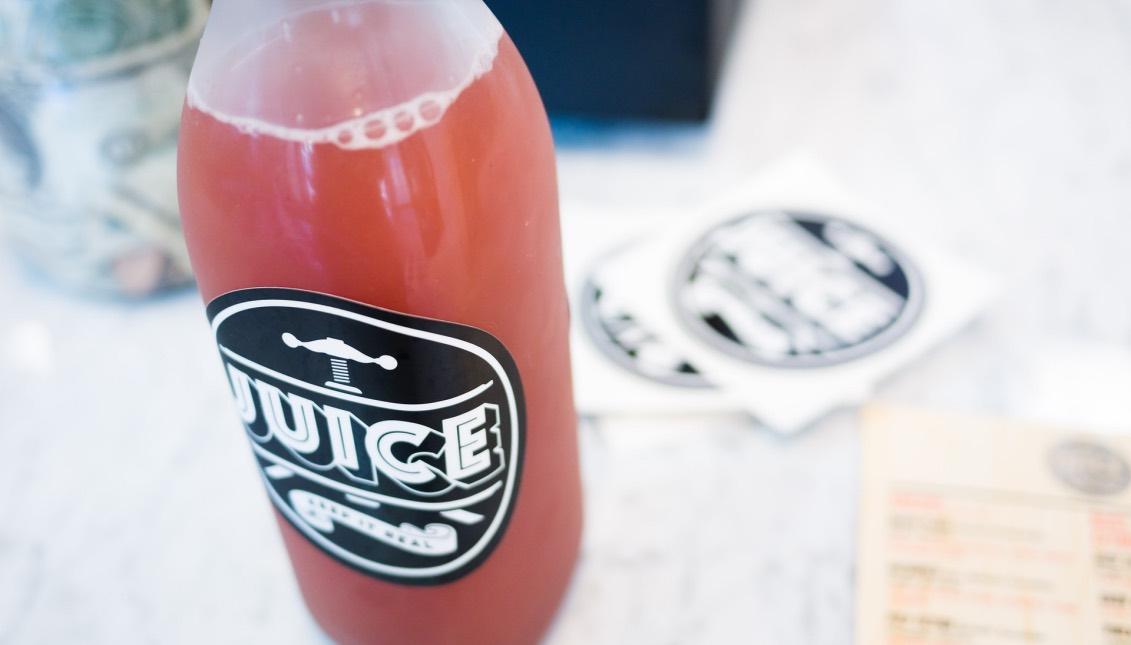
OP-ED: Container Tax, a poor substitute that hurts poor communities
MORE IN THIS SECTION
The recently introduced beverage container tax falls short in many ways as a measure to address important challenges in Philadelphia's poor communities. Mayor Kenney's sugar-sweetened beverage tax remains the healthiest and most viable vehicle to fund universal pre-k; rebuild parks, recreation centers, and libraries; and strengthen neighborhood schools by turning them into hubs for integrated social services.
The beverage container tax is tougher on poor communities. It removes choice in neighborhood stores; meanwhile the sugar-sweetened beverage tax is a tax that no one is forced to pay. There is no escaping the beverage container tax if you drink water, natural fruit juices or diet soda. It adds a levy, with limited exceptions, on every beverage container over seven ounces.
The sugar-sweetened beverage tax in turn, only places an excise on some drinks, many of which have no nutritional value and are the leading cause of diabetes and obesity among low-income people. Consumers have a choice with this tax that they do not have with the Container tax.
Soft drink producers are one of the best sources of filtered water on the planet. The sale of sugary sodas has been declining over the last few years but that decline is reflected mostly in higher income households. Consumers and retailers in minority neighborhoods need the beverage industry to increase the availability and diversity of non-sugary products at corner stores and the beverage container tax inhibits that.
The beverage container tax places an unfair hardship on our schools, day care centers, after school programs, hospitals, and nursing homes. These institutions will have to pay the container tax for the water and unsweetened drinks that they provide with their meals. Their aversion to sugary drinks will not be rewarded. Their position as a refuge or place to heal from the ills of sugar-sweetened beverages will be threatened.
The beverage container tax falls $30 million short of what the city needs to dramatically improve the quality of life in our neighborhoods. Why go through the trouble of instituting a tax if it does not directly secure the revenue to improve recreation centers, libraries and schools nor indirectly lead to great savings in health costs for the city and its residents by reducing diabetes and obesity?
On the other hand, the sugar-sweetened beverage tax is a game changer in many ways. It raises $432 million over five years (and $97 million annually) in revenue needed to improve public infrastructure in low-income neighborhoods and it saves $197 million in health care costs; leads to 36,000 fewer cases of obesity and 2280 fewer cases of diabetes per year; and prevents 730 deaths by 2025, according to Philadelphians For a Fair Future.
The argument that the beverage container tax is needed to address the regressive nature of the sugar-sweetened beverage tax ignores how sugary drinks have been heavily marketed to the detriment of minority communities. In her book, “Soda Politics,” Dr. Marion Nestle, states that sugar-sweetened beverages have been marketed, especially to children, in strikingly similar ways to how tobacco companies peddled cigarettes, before and after the 1964 U.S. Surgeon General’s report highlighting the link between smoking and cancer.
When we talk about taxes on cigarettes, the term regressive is not used because we understand the ills of cigarettes. In the same vein, using the term regressive to describe the sugar-sweetened beverage tax sugar coats the ills and overbearing advertising in low-income neighborhoods of the drinks that are subject to the tax. Finally, the argument ignores that poor people are not forced to pay the sugar-sweetened beverage tax. They can avoid it simply by purchasing non-sugary drinks.
The sugar-sweetened beverage tax remains the healthiest and most viable mechanism to advance positive outcomes in the health and economic development of poor communities in Philadelphia and this in the long term will benefit us all.






LEAVE A COMMENT:
Join the discussion! Leave a comment.